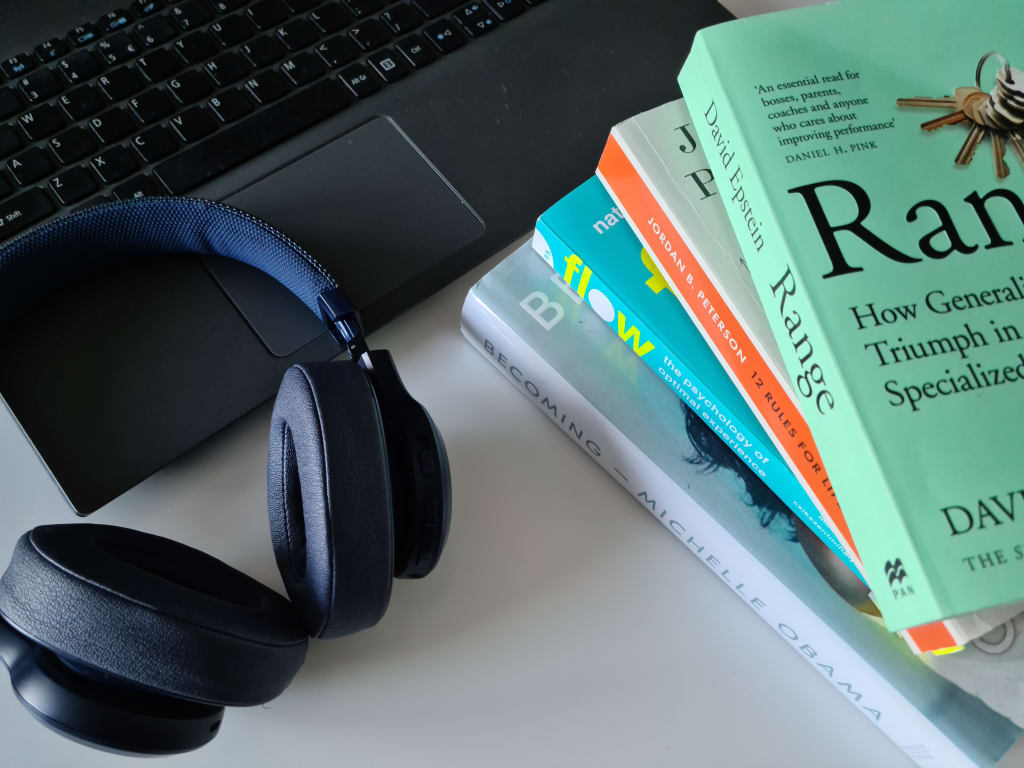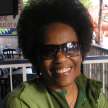What is The Real Value of Self-Help Books?
Maximising self-learning

There are thousands of books and oceans of internet information available on how to help one’s self and resolve personal problems. The self-help market is booming as many people try to make sense of how they feel, to improve their mental health in this unforgiving social climate, attempt to get their life on track, or to simply boost their opportunities for success. But for others (particularly men), self-help books have not really worked, perhaps because of the sceptical way they view such books.
In fact, research on the sales of self-help books has revealed that 70% of women read them, compared to only 30% of men! It means that one section of our community is always being more self-aware than the other, which is bound to cause mismatches in perception and expectations, especially on gender lines. Erroneously, many people are inclined to believe that, if they are using a ‘self-help’ book, they must have some ‘problems’ which they need to sort out. They perhaps cannot afford professional counselling and turn to cheaper options. While that may be true of some people with that perspective, they are not likely to get the full benefit of what they are reading because they have already limited the validity, scope and effect of the material.
Self-help is not about merely dealing with problems you might be encountering. That’s just one part of the overall use of such books. The real meaning of self-help is discovering potential and possibilities for yourself; to find out what you are capable of through your own endeavours, how you might be limiting that potential with narrow beliefs, attitudes and approaches, and how you can make the best use of those possibilities to achieve whatever it is you yearn for.
The key thing to note is that utilising any kind of self-help material suggests that the person does not accept everything about their life as given. He/she makes a conscious decision not to be a hostage to their genes, present circumstance, their past, or their environment. They will decide how their life will unfold and the best way to do that. They will not simply conform to expectations or predictions of what they should, or ought to, do with their life.
They accept that life has its difficulties, its ups and downs, but they refuse to be constrained by them or dictated to by specific situations. They need objective answers in helping them to expand their knowledge and to reinforce their direction, and self-help books are essential in this regard. As author Tom Butler-Bowdon (50 Self-Help Classics) pointed out, self-help books, “can reveal your unique course in life, form a bridge between fear and happiness or simply inspire you to be a better person”.
It means that self-help books are not really about dealing with personal problems, per se, but are the key to educating yourself about your potential, especially regarding a way of life that enables you to make a difference to both yourself and your world. In that way you not only transform the way you think, and how others perceive you, but you also transform your future, all by yourself, and in the most effective way you see fit.I love to read books by others who have faced adversity and devised their own way of dealing with it; to learn how they found the courage to get through it; the people who inspired them in their crisis times, and the advice they might give me that could suit my situation.
Personally, I owe my present confident and positive state to Anthony Robbins. In my darkest hours, when facing some family issues, I read two of his books. Up until that point, I had suffered some trauma in my young life which had never been resolved and had left me feeling depressed, worthless and with much self-loathing. Then I started a chapter that asked readers to try to be positive for just one week. Not to think a single negative thought during that time. Unaware of my own chronic state of negativity, I thought to myself, “That’s easy! I can do that!”, and set about proving that I could. Except that I couldn't, as I slowly and painfully discovered. That was the beginning of my appreciation for such books.
RELATED BOOKS
About the Creator
Elaine Sihera
British Empowerment Coach/Public speaker/DEI Consultant. Author: The New Theory of Confidence and 7 Steps To Finding And Keeping 'The One'!. Graduate/Doctor of Open Univ; Postgrad Cambridge Univ. Keen on motivation, relationships and books.






Comments (1)
This article is fantastic—I appreciate its well-crafted and informative nature.